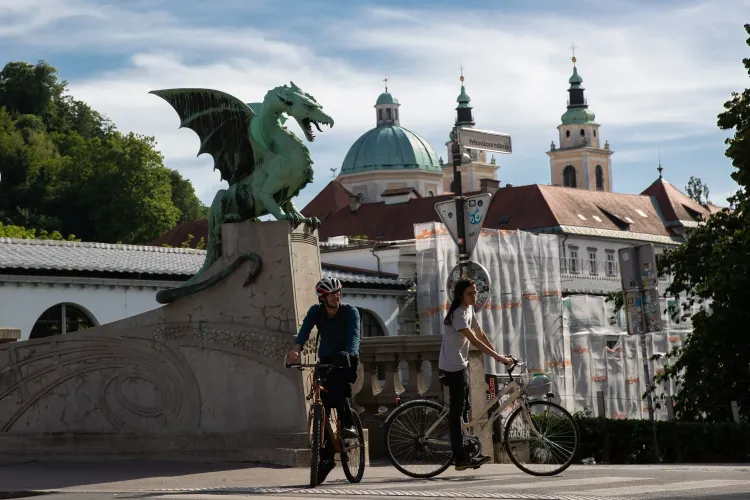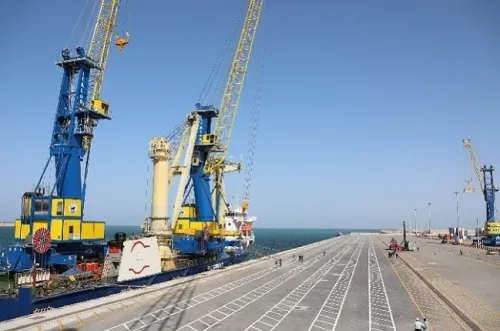What Changes Come with Slovenia's New Retirement Age of 67?

Synopsis
Key Takeaways
- Retirement age to rise to 67 by 2035.
- Early retirement available from age 62 for those with 40 years of work.
- Pension reform aims to ensure sustainability of the system.
- Unemployment rate at a record low of 3.2%.
- Foreign workers make up 16.1% of the workforce.
Ljubljana, Sep 19 (NationPress) The parliament of Slovenia has passed a significant pension reform aimed at increasing the statutory retirement age from 65 to 67 by the year 2035. This adjustment seeks to enhance the sustainability of the nation's pension system.
As per the new legislation, those with 40 years of employment will still be eligible for early retirement, although the minimum age will now be 62, up from the previous 60, as reported by Xinhua News Agency.
Labour Minister Luka Mesec addressed lawmakers prior to the vote, stating, 'The ratio of employees to retirees is decreasing due to longer life expectancy and declining birth rates, necessitating an extension of working life.'
The reform was approved with 49 votes in favor and only one against.
The centre-left government led by Prime Minister Robert Golob is focusing on critical reforms before the scheduled parliamentary elections in March or April of next year.
On August 25, Slovenia's Statistical Office announced that the unemployment rate had dropped to a historic low of 3.2 percent in the second quarter of 2025.
This figure reflects a decrease from 4 percent in the first quarter and 3.4 percent during the same period in 2024. The number of unemployed individuals was recorded at 33,000 from April to June, representing a 7.1 percent decrease year-on-year, according to the office.
With unemployment at record lows, companies are increasingly depending on foreign labor, with foreign workers comprising 16.1 percent of the workforce as of June, marking the highest percentage ever.
The number of employed foreign nationals increased by 14 percent year-on-year in the second quarter, with approximately half originating from Bosnia and Herzegovina.
A report from the National Employment Service indicated that the majority of new job openings were in sectors such as manufacturing, construction, cleaning, and hospitality.
On August 5, Slovenia's Employment Service reported a 1.3 percent year-on-year fall in registered unemployment for July, albeit the monthly figure saw a temporary rise due to seasonal factors.
Official statistics reveal that 43,799 individuals were unemployed in July. Nearly 5,600 people registered during that month, which is 6.6 percent fewer than in July 2024. Meanwhile, 4,163 individuals were removed from the register, most having secured new employment.
Approximately half of those newly registered as unemployed did so due to the expiration of fixed-term contracts, a common trend in sectors like tourism, agriculture, and construction.
Despite a 3.3 percent month-on-month increase, unemployment remained lower year-on-year in most regions, except for Maribor, Ljubljana, and Koper, which experienced slight rises.









